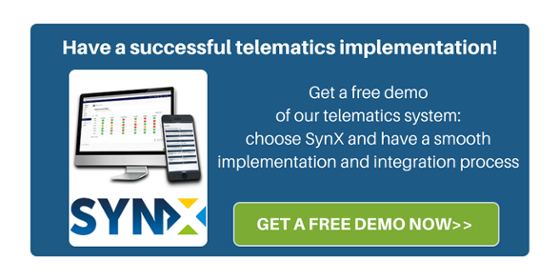
You might find it quite weird that we are actually suggesting that telematics systems do fail, but it’s the truth; though the idea or fact of failure might not quite be the one you expect. We are not going to focus on technological issues, but rather the actual reasons that could make the use of telematics in your company fail. Some factors or important prerequisites or pre-flight aspects are often not given enough consideration by those who wish to implement the technology—inevitably leading to failure if they aren’t properly addressed, and in good time.
What could these aspects be—and why is it important to follow-up on them?
Let’s take a good look!
The absence of a concrete business case
Committing your entire fleet to a telematics program requires an investment in time and money; unfortunately, many fleet operators fail to prepare adequately prior to engaging in the ‘trial’ program. It is very important to ascertain some vital metrics of a fleet operation before switching over to a telematics program and introducing the new system to the drivers, otherwise no before-and-after comparison can be determined: comparing the fleet operation before the implementation of telematics with the results after the switchover presents an opportunity to justify the (only) initial expenditure. Without this before-and-after comparison, the attempt to justify implementation of telematics is vague and not grounded in facts. There can be no expectations formed, requirements drawn out or staff organisation prior to the switchover—leading to a failure in implementation.
Absence of a responsibility to manage telematics data
Managing telematics data in conjunction with knowledge of the fleet and allocating enough time to use the data in an intelligent way is also important. Some fleets fail to allocate the necessary resources and end up getting a huge amount of data that they cannot exploit in order to execute the appropriate actions. Another aspect of this issue is that the person accessing and managing data might not directly have the authority to act upon it or might not communicate effectively with whoever is ultimately responsible for making decisions.
Data access not available for the correct persons
Data is no doubt very easily accessible if you have a technological system such as telematics, but of course it has to be shared among all stakeholders who are closely involved, decision-makers and anyone else engaged in the project.





